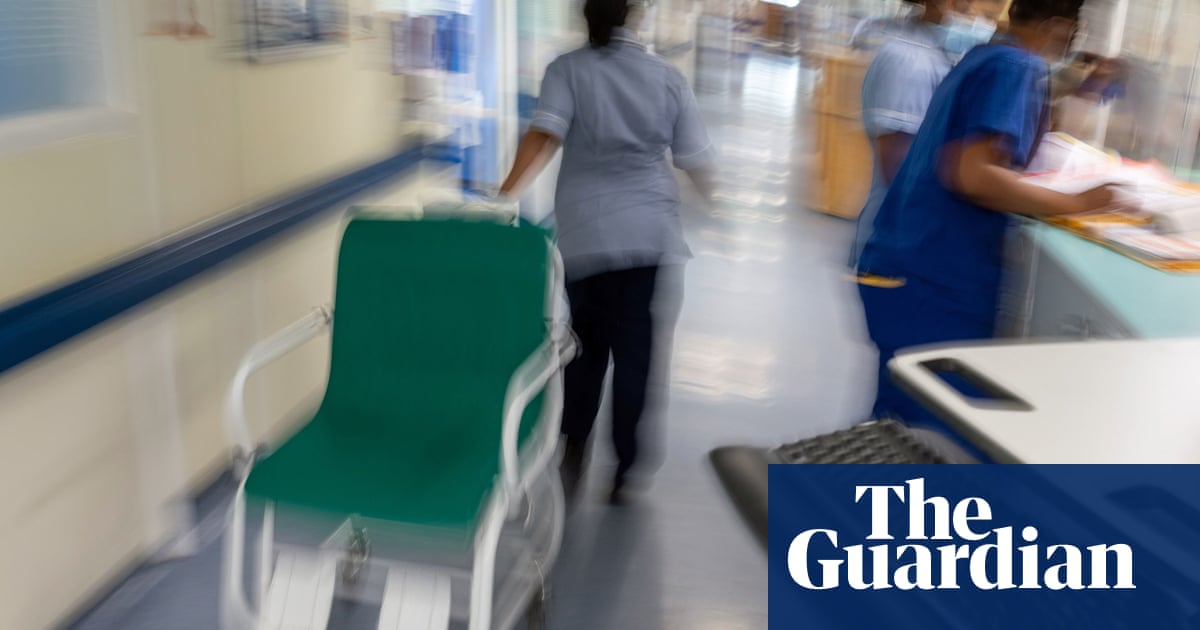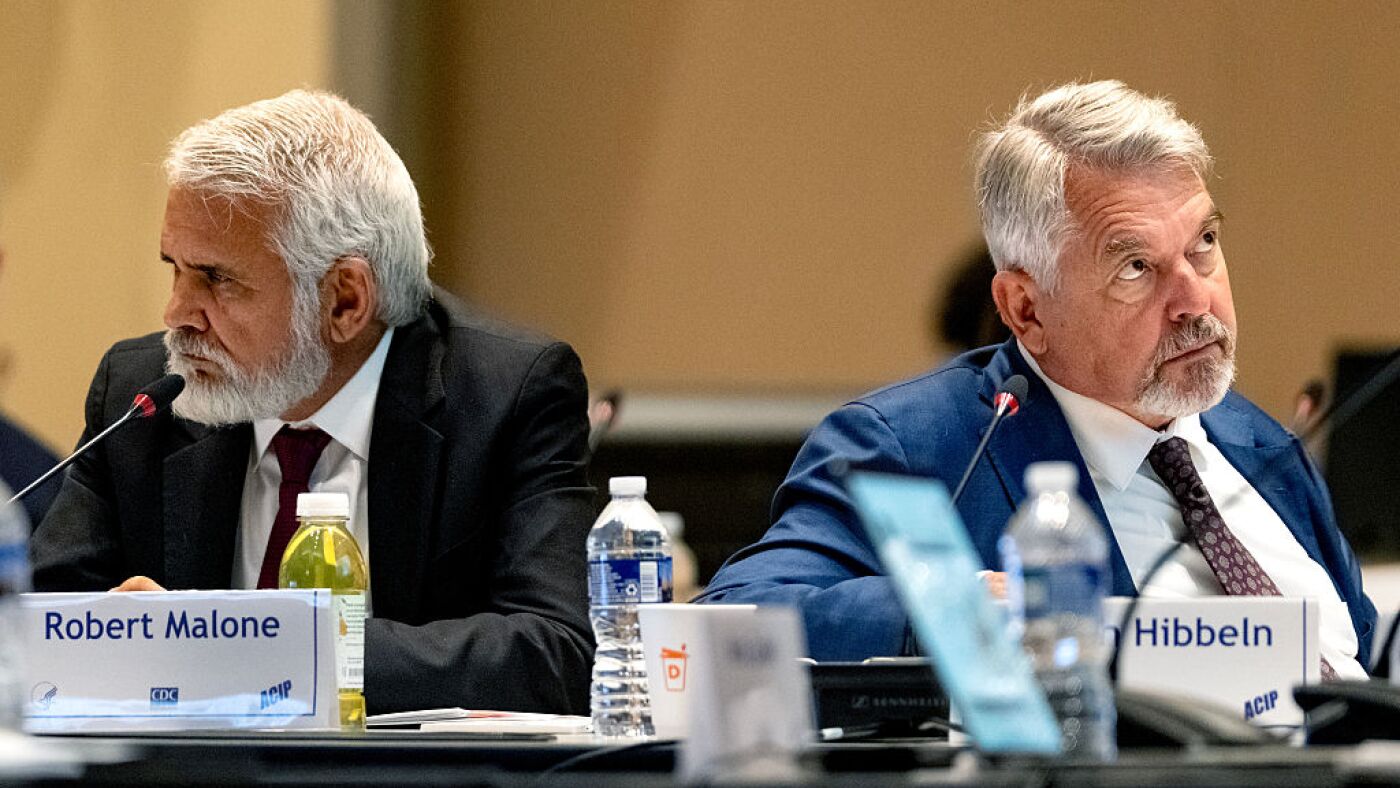NHS will use AI in warning system to catch potential safety scandals early | NHS

The NHS is to become the first health system in the world to use AI to analyse hospital databases and catch potential safety scandals early, the government has said.
The Department of Health and Social Care said the technology will provide an early warning system which could detect patterns or trends and trigger urgent inspections. The scheme is part of the 10-year plan for the NHS that is due to be published by Wes Streeting this week.
The government acknowledged the concern surrounding standards of patient care after “a spate of scandals including in mental health and maternity services”.
Last week a national investigation into NHS maternity and neonatal services was announced by Streeting. It said the aim was to provide “truth and accountability” and it would look into issues over the past 15 years. It will report back in December.
A “signal system” will be launched across NHS trusts from November, using near real-time data to scrutinise higher than average rates of stillbirth, neonatal death and brain injury as part of the focus on maternity care.
Streeting said: “While most treatments in the NHS are safe, even a single lapse that puts a patient at risk is one too many. Behind every safety breach is a person – a life altered, a family devastated, sometimes by heartbreaking loss.
“Patient safety and power are at the heart of our 10-year health plan. By embracing AI and introducing world-first early warning systems, we’ll spot dangerous signs sooner and launch rapid inspections before harm occurs.
“This technology will save lives: catching unsafe care before it becomes a tragedy. It’s a vital part of our commitment to move the NHS from analogue to digital, delivering better, safer care for everyone.”
In February, Nottingham university hospitals NHS trust (NUH) was fined £1.6m after admitting it failed to provide safe care and treatment to three babies who died within months of one another.
The Ockenden review, published in 2022, investigated 1,862 maternity cases at Shrewsbury and Telford NHS trust and found that hundreds of babies died or were seriously disabled because of its mistakes.
The new system is the latest deployment of AI in the NHS, as Labour tries to improve productivity in the health service as it provides extra funding.
The technology is already being used to detect cancers. In January, Keir Starmer also recalled in a speech how a stroke patient had been diagnosed quicker because of AI.
It is hoped the technology can reduce waiting times, one of the government’s focuses since winning last year’s election. The government has also pledged to improve IT systems and move the NHS from “analogue to digital”.
There have also been indications that anonymised health data could be used to train AI, as Starmer said there was a “huge opportunity” to improve healthcare.
Prof Meghana Pandit, a co-national medical director of NHS secondary care, said: “The NHS in England will be the first country in the world to trial an AI-enabled warning system to flag patient safety issues which will rapidly analyse routine hospital data and reports submitted by healthcare staff from community settings.
“The move will turbo-charge the speed and efficiency with which we identify patient safety concerns and enable us to respond rapidly to improve patient care.”
However, Prof Nicola Ranger, the general secretary of the Royal College of Nursing, said that the use of AI to maintain patient safety should not come instead of increased staffing.
Ranger said: “Technology will always have a role to play, but having the right number of staff on the frontline of care is the place to start the investment to make patients safe.”
The government has also announced a partnership with supermarkets to help cut calorie consumption.
It could mean that stores are rearranged or products are reformulated to promote healthier options. The government said if everyone who is overweight in the UK cut their calorie intake by 200 calories a day, obesity could be halved. In practice this would mean 340,000 children and 2 million adults would no longer be obese.
The UK has the third-highest rate of adult obesity in Europe. The Department of Health and Social Care said it costs the NHS £11.4bn a year.
Streeting said: “Through our new healthy food standard, we will make the healthy choice the easy choice, because prevention is better than cure.”
However, the Conservatives said it was a “nanny state” approach from ministers.
Helen Whately, the shadow work and pensions secretary, told Sky News: “They had 14 years in opposition to think about what they wanted to do about the NHS, they’ve had a year in government, and the number one thing in it seems to be hide the crisps.”
She added: “Telling people what to buy, I think, is not up to government. I believe in personal responsibility.”



